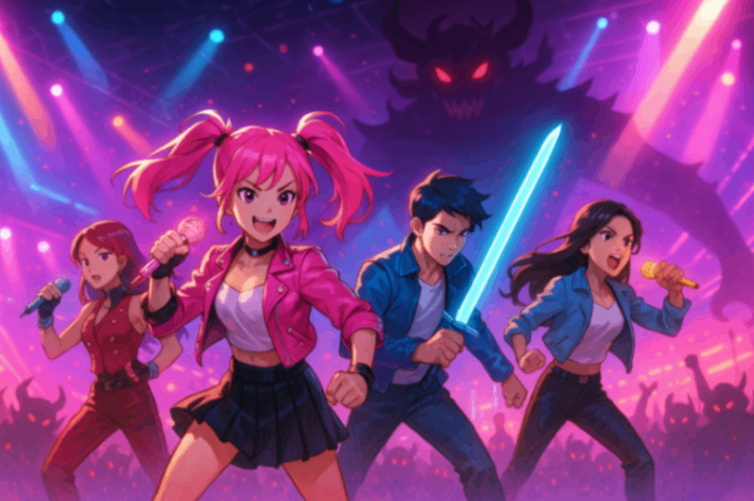
K-Pop Demon Hunters: Cinema’s Future or Just Fandom on Screen?
K-Pop Demon Hunters just pulled off something unusual: topping both the Billboard Hot 100 and the U.S. weekend box office. For young audiences, it wasn’t just a movie—it felt like a hybrid of a concert, an anime, and a fan rally. The sing-along screenings blurred the line between cinema and live event, creating an atmosphere more like a festival than a traditional movie night. But this success raises a bigger question: what exactly are music-driven films? Are they genuine cinema, with storytelling, art, and cultural meaning? Or are they extensions of fandom culture—commercial products designed to amplify music sales and feed fan communities? For some, films like K-Pop Demon Hunters are proof that the definition of cinema is evolving. For others, they’re evidence that Hollywood (and Netflix) are leaning on fan economies instead of making films that stand on their own. So where do we draw the line? 🙋 Questions to Spark Debate Should movies built on music and fandom be celebrated as part of cinema’s evolution, or critiqued as extended merchandise? Do you walk out of a music-driven film feeling like you’ve watched a movie—or just a very expensive fan event?
flo-mfw
Views 17 •
Entertainment